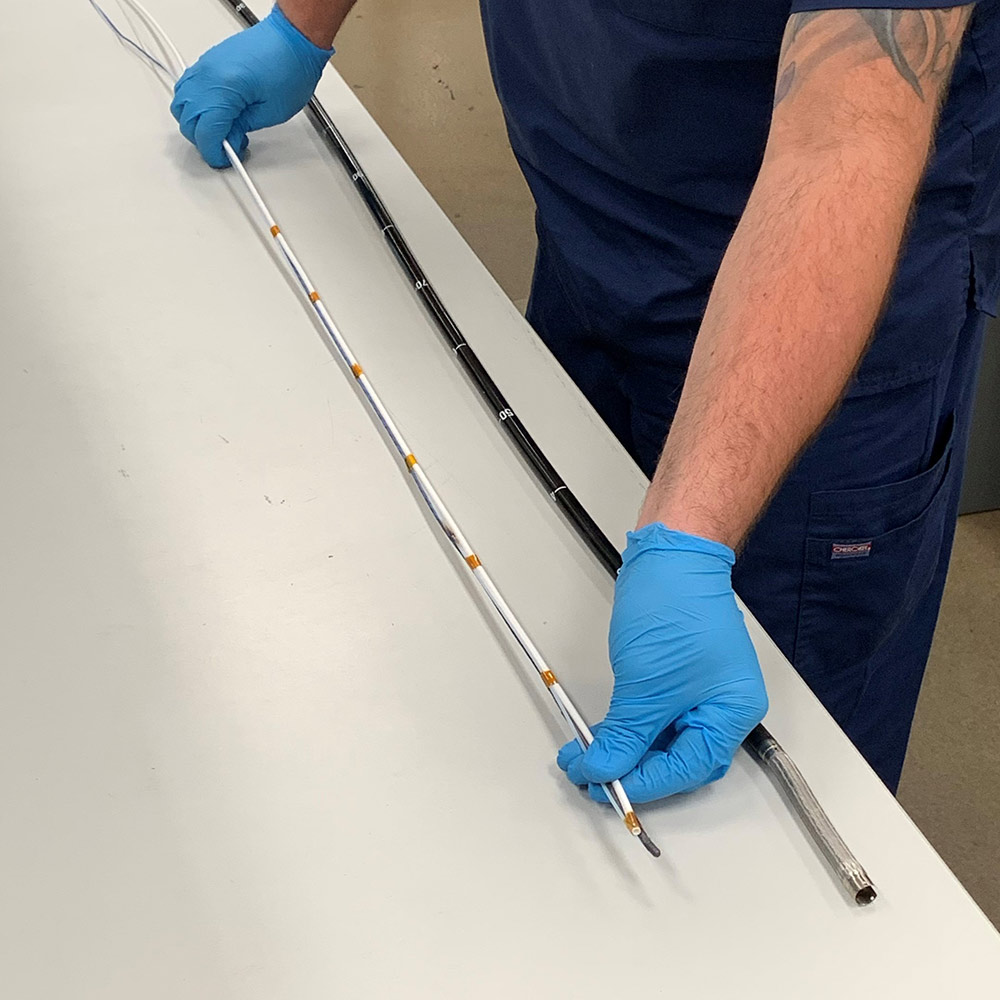While the relationship between the healthcare industry and medical professionals has been change into a focal issue in the last decade. An issue which reaches interest is the valores recebidos por medicos da insutrica como consultoria (payments receive by doctors from the industry for consulting services). Such financial relationships have considerable influence on medical advancement, therapeutic approaches, and standards to be follow.
To this end, this article looks at the konkrét importance of the valores recebidos por médicos da indústria, the gains accrue both to the medical and industrial industries, how the process is practice, and future development which may be expected. At the end of this article, the readers will grasp the importance of this practice, together with ethics and working operations.
Understanding Valores Recebidos por Médicos da Indústria como Consultoria
The term “valores recebidos por médicos da indústria como consultoria” literally defines the payments given to the medical practitioners from industries like pharma, the manufacturers of medical equipment or biotechnology industries in Return for advice or consultation. Both institutions’ partnership is vital for the development of medical treatments and technologies.
The Role of Doctors as Consultants
Medical doctors are directly involve with patients and can provide insights relating to real life use of the treatments and medical devices. This expertise is critical to industries that work on activities such as designing, improving and promoting products which meet clinical requirements and regulations. In their capacity as consultants, the doctors offer their opinion on the risks or lack of risks that are associate with the new therapies.
Ethical Considerations
Thus, collaboration between doctors and industry can lead to developments but it has the flip side of it from the ethical perspective. Critics have pointed out that such financial relations could compromise neutrality especially regarding prescription. Singularity is a virtue and most of the countries use the provision of regulations that compel business organizations to disclose these relationships for ethical purposes.
Key Features
Pay scheme for the doctors who offer their consultancy services to the industry depends on the level of tasks required and the doctor’s experience. Common forms of compensation include:Common forms of compensation include:
- Fixed Consultancy Fees: There might be times that doctors are paid on per call or by fixed rate for consultation services they render. This could extend from sitting on advisory boards to appraisal of medical literature.
- Hourly or Project-Based Compensation: In some organizations, doctors are paid according to the number of times they do consultations or for a project in which they participate in.
- Bonuses for Success: Some industries provide Doctors with bonuses for the production or for the commercial success, the marketing approval of a medical product or treatment or even an improvement on it.
- Reimbursement of Expenses: Many of them include incidental and contingency expenses such as transport and lodging costs incurred when attending a conference, workshop or meeting.
These forms of compensation are crucial for attracting skilled medical professionals who can contribute to the advancement of medical technologies.
Benefits of Valores Recebidos por Médicos da Indústria como Consultoria
Doctors get several advantages out of practicing for the Industry as consultants. These partnerships create mutually beneficial links between research, development and implementation, which can in turn produce interventions with life altering resolutions. The key benefits include:
1. Advancements in Medical Technology
The practising physicians give an idea of how the relevant industries can develop the right equipment and solutions for the clinics. Doctors are an educated group and their input is valuable to the general public in development of various ideas and innovations that would otherwise not realize their full efficacy.
2. Improved Patient Care
In this process doctors contribute to the creation of products that are most effective and safe for the end users which are the patients. This can make positive changes to the patients and the presentation of better standard treatment levels.
3. Educational Opportunities
Such doctors are always in touch with the industries and are privy to some of the latest happening in the fields of treatment and technology. It can be shared with other members of the healthcare fraternity, thus encouraging the process of sharing knowledge by members of the fraternity.
4. Financial Incentives
In the eyes of the doctors, cooperation with industries is an extra source of income which may be involve for the specialists or the doctors with some specific niches. This kind of financial remuneration also encourages doctors to also contribute to various developments.
Also Read: Isotonix Lawsuit
How to Implement Consulting Relationships Between Doctors and Industry
There are several protocols to be met when entering into a consulting relationship with doctors and industries to make sure that everyone agrees to these practices to avoid any shift from the right path. Here’s how to establish a successful collaboration:Here’s how to establish a successful collaboration:
1. Identify the Need for Expertise
Companies normally seek doctor’s advice when they want expert opinion for designing a certain product, testing new products, or enhancing patients’ treatment. The first criterion is to choose the right professionals that have appropriate experience so they are able to make a difference.
2. Establish Clear Objectives
What the industry calls the consulting role and how the consulting role should be clearly stated by the medical professional is an important practice. Based on the nature of the project, it is important to define expectations with regard to employment as this will help to determine the benefits that the two entities will derive out of the contract.
3. Legal and Regulatory Compliance
Because reward payments from the industry are fraught with ethical issues, a clear contract that is free of illegal and regulatory issues should be drawn. Thus, to enhance the accountability of those payments, many countries including the United States through the Sunshine Act demand disclosure of the payments made to doctors.
4. Documentation and Reporting
Since every financial exchange and consultation service, one should document them meticulously. This is not only useful to ensure that there is transparency but is also useful to cover the industry and the medical profession in case there is a probe or an audit is conduct.
Case Studies and Examples
Examining real-life examples can provide better insight into the impact of valores recebidos por medicos da insutrica como consultoria. Below are some cases:
The Role of Oncologists in Cancer Drug Development
For instance in the case of developing cancer treatments, oncologists have been important players especially as consultants helping the pharma companies. This they have done by offering insights into chemotherapy drugs which has enhanced the drugs and made it more effective without causing many side effects to patients. The financial remuneration these doctors give guarantee that the brightest researchers are continuously engage in research and development activities.
Collaboration in Orthopedic Device Innovation
Prosthetics design and modification are common recommendations by orthopedic surgeons as the specialists in this area. They explain the effectiveness of these devices when actually applied in surgeries; information that can aid the manufacturers in enhancing product reliability and usage. Additionally, through this partnership, VGB has developed and produced technologically superior prosthetic devices and implants that are friendly to the patients.
Comparing Valores Recebidos por Médicos da Indústria como Consultoria with Alternatives
Of course there are people who don’t want industries to collaborate but it is very important for others to know that there is an option. Many physicians and other medical workers in the system can work exclusively in the academic setting, and do not have to be active in the healthcare system. At the same time, consulting positions with industries have certain advantages which are absent in the given alternatives.
1. Academic Research
This is because some of the doctors may get engage in research activities and may not be paid the way consultants employed by industries. Also, academic research is very important for the progress of medicine, but it misses something of the practical application coupled with the product orientation that comes with industry cooperation.
2. In-Hospital Roles
Specialists practising exclusively in hospitals are not immune to the idea; however, due to their practice commitments, they may experience time and resource limitations. It is also an opportunity to engage in advisory positions where there is a possibility of being involve in research which can be limit in a hospital environment.
Future Trends and Developments
As the healthcare industry evolves, so too will the valores recebidos por médicos da indústria como consultoria:
1. Increased Transparency
Government and now the new regulatory authorities will keep on demanding that more accountability or rather, disclosure be taken in the financial dealings that are present between doctors and industries. An estimated increase in the usage of public databases that register payments is expecte, to enable patients to have insight into such relationships.
2. Technological Advancements
As the industry advances into the age of AI and personalized medicine, more industries will demand a consultation with medical personnel well-versed in those concepts. It will mean that doctors with specialization in such prestigious sectors will be compensate better in the future.
3. Global Collaboration
Since the incidences of diseases such as pandemics and chronic diseases are on the rise, there will be higher demand for consortial relations between industries and physicians in the near future. Consulting roles may go beyond the national scope contributing to the development of inter-industry innovation.
Conclusion
The practice of valores recebidos por medicos da insutrica como consultoria plays a critical role in advancing healthcare. While it brings undeniable benefits such as improved patient care, medical innovation, and financial incentives for doctors, it also demands transparency and ethical oversight. By understanding this practice’s complexities, stakeholders can ensure that it continues to contribute positively to the healthcare industry while maintaining public trust.
As this field evolves, it is essential for all parties involve—industries, doctors, and regulators—to stay inform and work together to maximize the benefits of these collaborations. Whether you’re a medical professional considering a consulting role or an industry player seeking expertise, this practice offers a path toward meaningful, impactful innovation.










